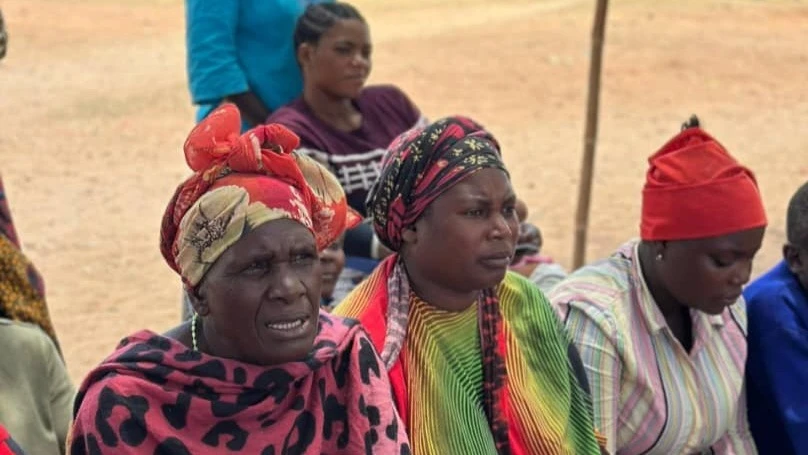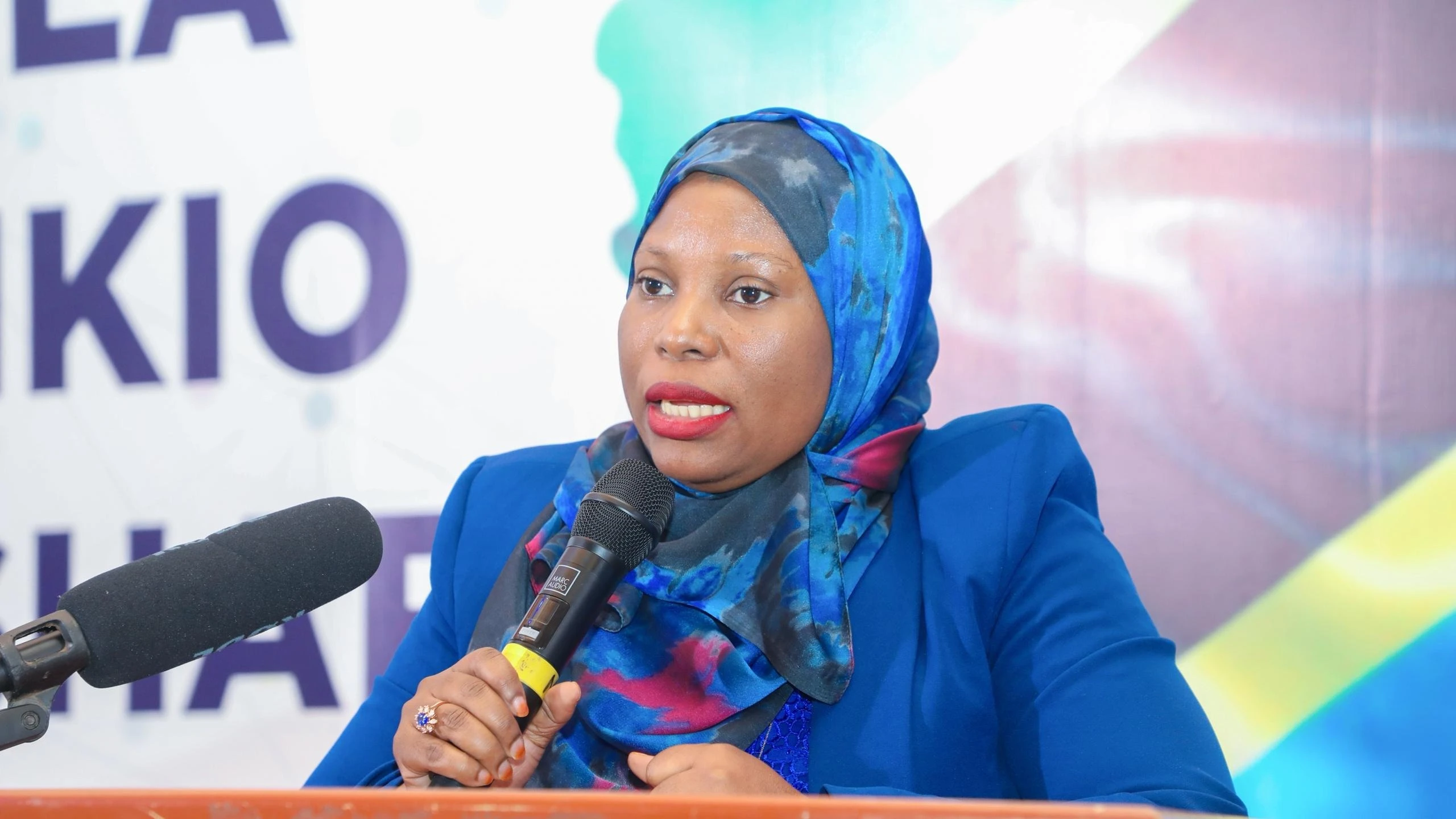High blood pressure, infertility emerge top health issues affecting Tanzanians

HIGH blood pressure, infertility, digestive system disorders, respiratory issues, paediatric heart challenges and prostate problems have emerged as the top health concerns identified by specialised medical experts during a recent nationwide health screening.
Minister for Health Ummy Mwalimu unveiled this in Dar es Salaam yesterday when presenting findings of President Samia Suluhu Hassan’s Specialist Doctors Programme, which ran from May 6 to June 8 this year, offering treatment at 184 district hospitals across the country.
She said that the specialists performed critical surgeries, including correcting congenital penile abnormalities in 20 male children, removing kidney stones (one weighing 1.200kg) and conducting thyroid surgeries.
The programme was designed to enhance access to specialized medical services, strengthen healthcare infrastructure and establish special wards for newborns and low birth weight infants.
Approximately 70,000 patients received care from specialists in obstetrics and gynaecology, paediatrics, anaesthesiology, internal medicine, surgery and urology, she said.
Among the 22,057 internal medicine patients, high blood pressure was the most prevalent issue, affecting 7,529 patients (34 percent). This was followed by digestive system disorders, which affected 4,158 patients (19 percent).
In obstetrics and gynaecology, infertility was the leading concern among 18,044 patients, impacting 3,810 patients (21 percent). This was followed by childbirth complications (2,529 patients or 14 percent) and abnormal vaginal bleeding (2,108 patients or 12 percent).
For the 14,466 paediatric patients, respiratory and heart issues were the major concerns. Respiratory challenges affected 2,352 patients (16 percent) while infections were noted in 2,091 patients (15 percent). Sickle cell anaemia affected 1,287 patients (9 percent) and pneumonia was diagnosed in 1,030 patients (7 percent).
Among 10,578 surgical patients, prostate issues were the most common, affecting 1,568 patients (15 percent). Digestive system disorders followed, impacting 1,392 patients (13 percent), while tumours affected 1,167 patients (11 percent) and accidents and fractures were noted in 1,154 patients (11 percent).
The ministry partnered with several professional associations, including the Association of Gynaecologists and Obstetricians of Tanzania (AGOTA), the Paediatric Association of Tanzania (PAT), Society of Anaesthesiologists of Tanzania (SATA) and Emergency Medicine Association of Tanzania (EMAT), investing 1.4bn/- to support the programme.
The minister highlighted the regions with the highest patient numbers as Tanga (4,410), Mara (3,671), Tabora (3,652), Mtwara (3,540), Mwanza (3,256), Ruvuma (3,253), Mbeya (3,126), Kagera (3,122), Coast (2,966) and Manyara (2,964).
Additionally, specialist doctors trained 4,796 healthcare providers, including 2,187 nurses (46 percent), 1,502 doctors (31 percent) and other cadres such as laboratory technicians and pharmacists.
“Overall, the programme has been highly successful; citizens have received essential services, costs have been reduced and healthcare providers have received valuable on-the-job training. We have also established eight special wards for newborns and low birth weight infants,” she said.
She also noted that surgical theatres in newly established hospitals were now operational, new medical equipment in use and hospitals lacking sufficient surgical resources have been supported to transfer patients to regional hospitals for surgery.
In addition, the minister announced that efforts were underway to commence provision of In-vitro Fertilization (IVF) services at the Muhimbili National Hospital (MNH) in September, this year to bring smiles on faces of families that struggle to get children due to infertility.
Top Headlines
© 2025 IPPMEDIA.COM. ALL RIGHTS RESERVED






















